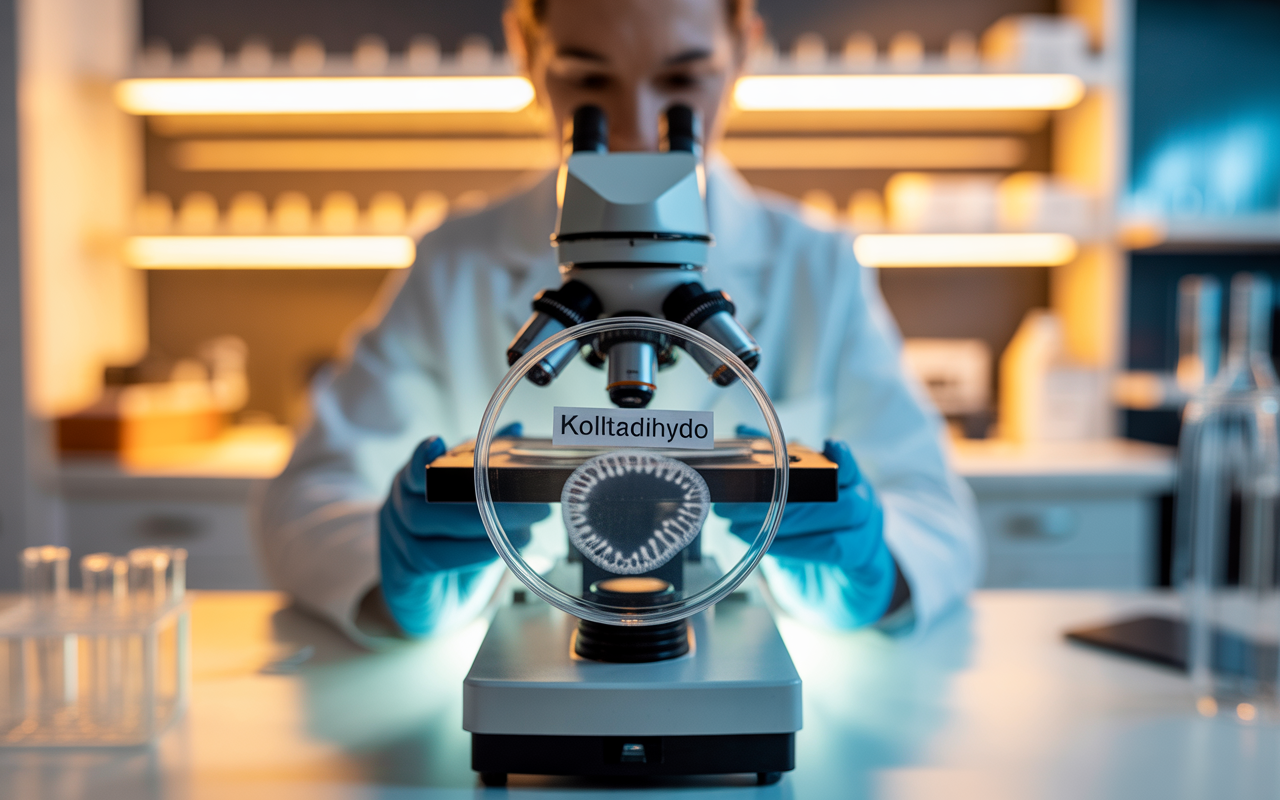Introduction
The question can kolltadihydo be cured is one that sparks curiosity, concern, and debate. With new conditions and medical terms surfacing in discussions about health, people naturally want clear, evidence-based answers. While kolltadihydo may not be a widely recognized term, the underlying question reflects a broader theme: how do we approach conditions that seem complex, unfamiliar, or difficult to treat? To explore can kolltadihydo be cured, we need to examine potential causes, available treatments, lifestyle considerations, and the importance of long-term management.
What Does kolltadihydo Mean?
Before we can answer can kolltadihydo be cured, it’s important to clarify what it represents. Like many health conditions, kolltadihydo may describe a set of symptoms or a specific disorder that is still being studied. Often, rare or emerging conditions carry names that are not yet common in mainstream medicine but are discussed in research or niche communities. Understanding this helps frame the conversation around possible cures and treatments.
Approaches to Treatment: Can kolltadihydo be cured?
Medical Intervention
When considering can kolltadihydo be cured, one of the first steps involves medical evaluation. If the condition has a biological root, treatments such as medication, surgery, or targeted therapy may provide relief. However, whether this leads to a permanent cure depends on the severity and nature of the disorder.
Lifestyle and Supportive Care
Even if the answer to can kolltadihydo be cured is not straightforward, supportive care often plays a critical role. Diet, exercise, mental health support, and stress management can significantly improve symptoms and quality of life. Many conditions considered incurable can still be managed effectively through lifestyle adjustments.
Long-Term Management
For chronic or complex conditions, the real focus may not always be on whether can kolltadihydo be cured but on how it can be controlled. Patients often find that with consistent care, flare-ups decrease, and stability becomes achievable.
Scientific Research and the Cure Question
When researchers explore can kolltadihydo be cured, they usually examine two dimensions: prevention and direct treatment. Preventive strategies aim to reduce risks before symptoms appear, while direct treatments target the condition itself. The cure may lie in advanced therapies such as gene editing, immunotherapy, or experimental drugs. While progress takes time, history shows that many once-incurable conditions eventually gained effective cures or long-term treatments.
Can kolltadihydo Be Cured Through Natural Remedies?
For many individuals, the phrase can kolltadihydo be cured often leads to interest in natural or holistic approaches. Herbal medicine, acupuncture, meditation, and dietary supplements are frequently explored. While these may not guarantee a cure, they can complement conventional treatments and provide supportive benefits. Still, it is vital to combine such methods with professional medical advice.
Psychological and Social Dimensions
Asking can kolltadihydo be cured is not only a medical question—it also carries emotional weight. Living with uncertainty can affect mental health, relationships, and self-confidence. Support networks, counseling, and open conversations help individuals navigate the journey, whether or not a cure is possible. In many cases, resilience and community support become as important as physical treatments.
Future Outlook: Will There Be a Cure?
Looking ahead, the search for an answer to can kolltadihydo be cured depends on research, innovation, and collaboration. Advances in biotechnology, AI-driven diagnostics, and personalized medicine are opening new doors. While a definitive cure may not be available today, the trajectory of science suggests that solutions are possible in the future. The key lies in persistence, investment, and global medical cooperation.
Conclusion
So, can kolltadihydo be cured? The honest answer is that it depends on ongoing research, the nature of the condition, and individual response to treatment. While some people may achieve full recovery, others may find that management and control are more realistic goals. What remains clear is that with consistent care, support, and scientific progress, the outlook for those facing kolltadihydo continues to improve.
